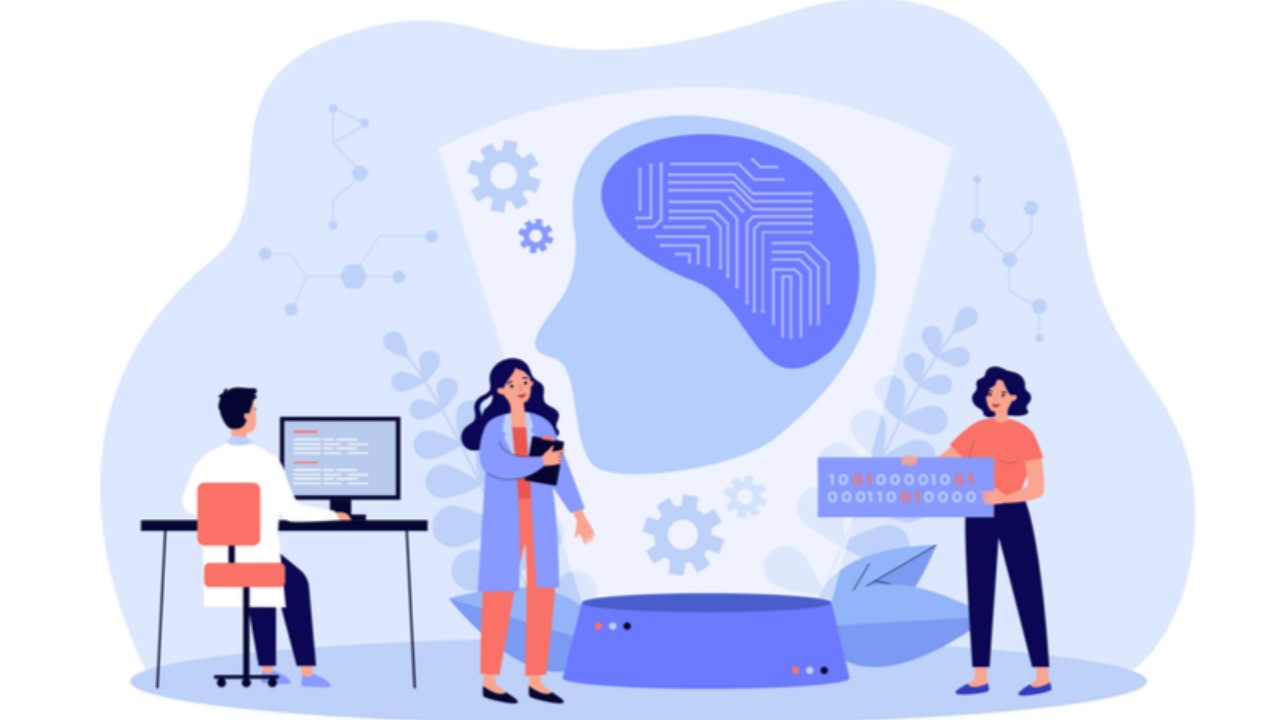

A relatively recent essential figure in enterprises is the data scientist, a new breed of analytical data specialists. They lead the big data industry and are a mix of mathematicians and computer scientists. Businesses today are struggling to make sense of vast amounts of unstructured data, which is a potential gold mine that, when uncovered, may increase income. But companies truly need experts who can delve deep and unearth priceless business insights, separating the gold from the worthless chaff. The data scientist does that, which explains why they are in great demand and well compensated.
In their daily operations, businesses are employing an expanding amount of data. A data scientist examines unprocessed data and draws meaningful conclusions from it. They then employ this data to identify trends and create the strategies that a company requires in order to advance and remain competitive.
A data scientist is someone who extracts value from data if we were to describe it. Do you have any questions about the precise duties of a data scientist? As the job title indicates, a data scientist’s day revolves around data, thus there are no points for guessing.
Data Scientist Roles and Responsibilities: What Does a Data Scientist Do?
Roles and duties of data scientists include:
1. Extraction of useful data from valuable data sources is known as data mining.
2. Choosing features, building classifiers, and optimizing them using machine learning tools
3.Performing structured and unstructured data preparation Improving data gathering
4.Processes to capture all pertinent data for creating analytical systems
5.Preparing, cleaning and ensuring the accuracy of data for analysis
6.Finding patterns and answers by analyzing a lot of data
7.Creating machine learning algorithms and prediction systems
8.Clearly presenting the results
9.Offer tactics and ways to deal with company difficulties.
Data Scientist Skills
1.Programming Skills: It would be ideal to have an understanding of SQL, Hive, and Pig as well as statistical programming languages like R and Python and database query languages like Hive. Knowledge of Scala, Java, or C++ is advantageous.
2.A strong understanding of statistical tests, distributions, regression, maximum likelihood estimators, and other applicable statistical concepts is required in statistics. For businesses that rely on data, statistical expertise is crucial.
3.Knowledgeable about machine learning techniques such as k-Nearest Neighbors, Naive Bayes, SVM, and Decision Forests.
Strong math skills (multivariable calculus and linear algebra) – Multivariable calculus and linear algebra are the building blocks for many predictive performance or algorithm optimization strategies, thus it’s crucial to understand their principles.
Source: simplilearn
Also Read: Here Are Five Skills That Will Undoubtedly Assist You In Getting Hired.
In today's article, we will learn the importance of happiness and how to maintain it…
Today, we will look at three common mistakes couples make in their relationships regarding intimacy…
In this article, we will learn about the simple ways that can help one overcome…
Check out the list of couples' biggest relationship mistakes in this article.
In this article, we will learn about anxiety and how one can handle it in…
In this article, you will understand the horrifying effects of child abuse.